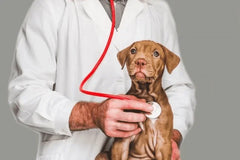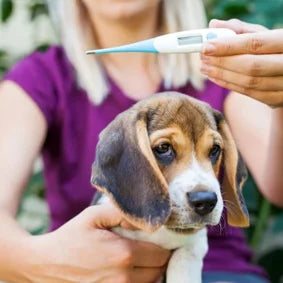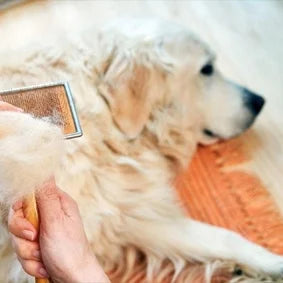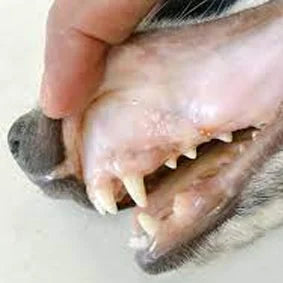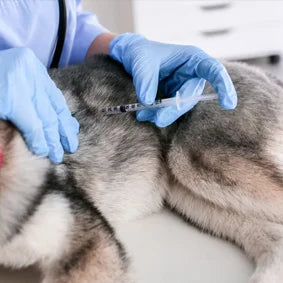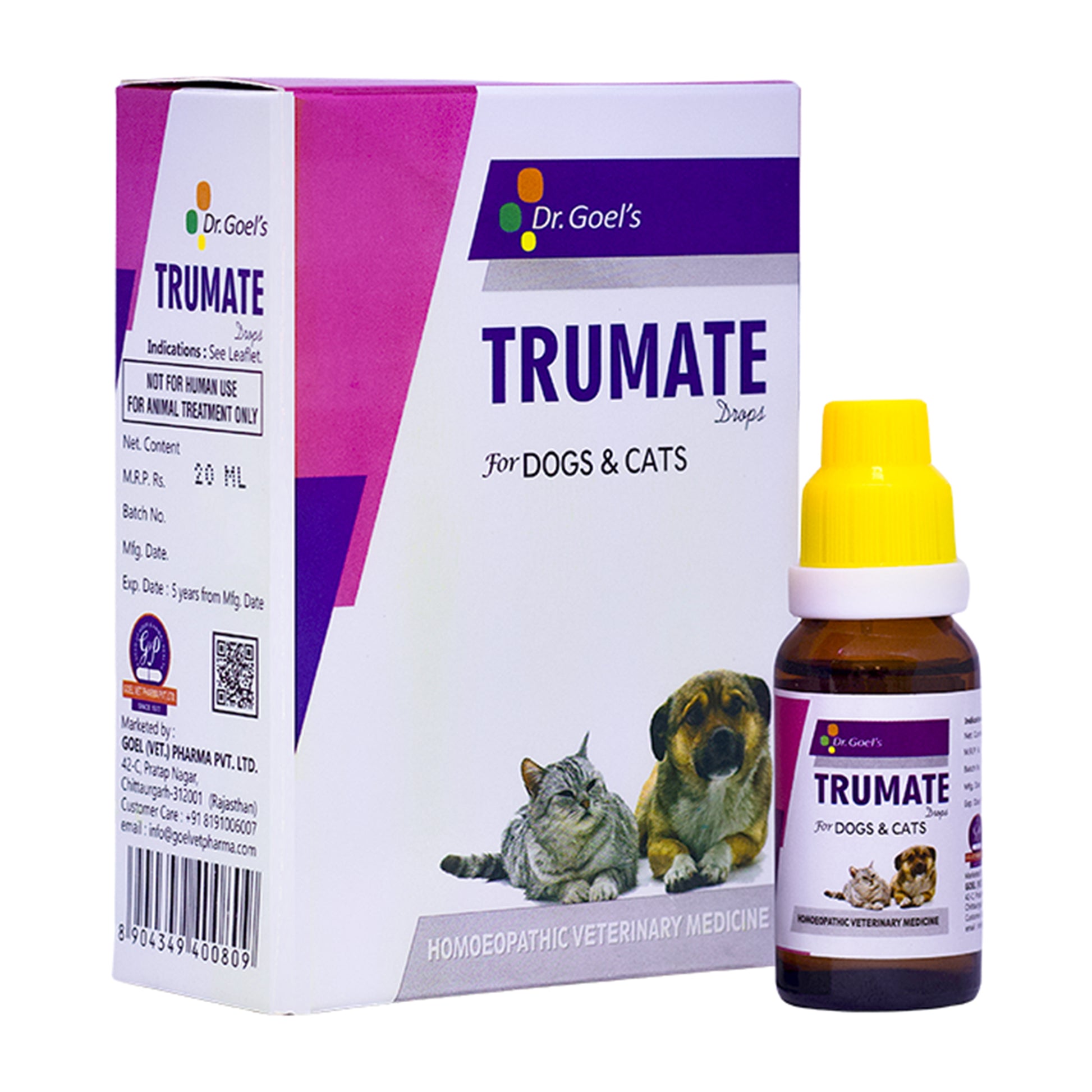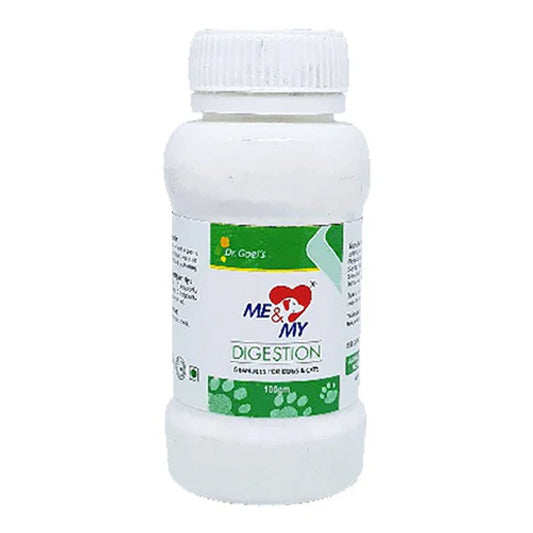In pets, like dogs and cats, injuries, sprains, and traumas can occur just like in humans. Ear hematoma is a specific condition that can affect pets, particularly dogs.
Common Problem of Trauma In Pets:
-
Injury
Injuries in pets can be a result of accidents, falls, fights with other animals, or other forms of trauma. Common injuries include cuts, abrasions, fractures, and dislocations. If your pet sustains an injury, it's essential to seek veterinary care promptly to assess the severity and provide appropriate treatment.
-
Sprain
A sprain is a stretching or tearing of ligaments around a joint. This can happen if a pet twists or overextends their joint, often during physical activities like running or jumping. Common signs of a sprain include limping, swelling, and reluctance to bear weight on the affected limb. Rest and anti-inflammatory medication are typical treatments, but a veterinarian should evaluate the injury to rule out more severe damage.
-
Trauma
Trauma: Trauma refers to any physical injury caused by an external force, such as accidents, collisions, or falls. Traumatic injuries can range from mild to severe and may involve damage to bones, internal organs, or soft tissues. Immediate veterinary attention is crucial in cases of trauma to assess the extent of injuries and provide appropriate care.
-
Ear Hematoma
An ear hematoma is a collection of blood between the skin and cartilage of a pet's ear flap (pinna). It usually occurs due to vigorous shaking or scratching of the ear, leading to the rupture of blood vessels. Dogs are more prone to ear hematomas due to their floppy ears. Signs of an ear hematoma include swelling, redness, and a puffy appearance of the ear flap. Treatment typically involves draining the hematoma and addressing the underlying cause, such as ear infections, to prevent further trauma.
Tips for preventing Trauma issues in pets
To prevent injuries, sprains, trauma, and ear hematomas in pets during summer, responsible owners should prioritize careful supervision during activities, utilize leashes and secure fencing outdoors, and eliminate potential hazards indoors. Regular veterinary check-ups aid in early issue detection, while a healthy diet and weight management reduce joint problem risks. Avoiding high-risk environments and incorporating adequate exercise through obedience training are crucial. Regular grooming and ear inspections help prevent hematomas, with effective management of existing conditions being vital.
Symptoms of Trauma in pets
Symptoms of trauma in pets can vary widely depending on the nature and severity of the trauma. Trauma refers to any physical injury caused by an external force, such as accidents, falls, fights, or being hit by a vehicle.
-
Visible Injuries
Pets may have visible external injuries, such as cuts, lacerations, abrasions, puncture wounds, or bruises. These injuries may be accompanied by bleeding or open wounds.
-
Pain And Discomfort
Discomfort: Pets may exhibit signs of pain, such as whimpering, whining, yelping, or vocalizing when touched or moved. They may also show signs of distress or restlessness.
-
Limping Or Lameness
If a limb or joint is affected, the pet may limp or be unable to bear weight on the injured limb.
-
Swelling Or Bruising
Swelling around the injured area or bruising may be visible, indicating tissue damage.
-
Changes In Breathing
Trauma can lead to internal injuries, such as chest trauma or lung injuries, causing difficulty breathing or rapid breathing.
-
Weakness Or Collapse
Severe trauma can lead to shock, causing the pet to become weak, lethargic, or even collapse.
-
Changes In Behaviour
Pets may exhibit changes in behaviour, such as restlessness, aggression, or hiding, due to pain or fear.
-
Bleeding
In cases of severe trauma, there may be visible external bleeding or bleeding from the nose, mouth, or other body openings.
Trusted by Veterinarians
“As a veterinarian, I am thrilled to endorse Dr. Goel Vet Pharma’s homeopathic products for our furry friends. Their commitment to advancing homeopathic veterinary medicine is evident in the exceptional quality of their products. The innovative solutions they provide have significantly enhanced our ability to care for our animal patients, ensuring optimal health outcomes. I highly recommend Dr. Goel Vet Pharma’s products to pet parents for their unwavering dedication to the well-being of pet animals and the invaluable support they offer to the veterinarian community.”
– Dr. Sakshi Sharma (B.V.sc. & A.H. M.V.Sc , NET)
Treat your pet from Trauma problems with Dr.Goel’s Trumate
Homeopathic Veterinary Medicine TRUMATE DROPS for pets are the best remedy for treating Accidental injury, Sprain, and Trauma with remarkable improvement in immobilizing conditions. It cures Sprain and physical trauma-like symptoms in any part of the body. TRUMATE DROPS for PETS is an excellent remedy that reduces the PAIN in the body and heals External injury or internal injury fast. TRUMATE DROPS for PETS is also helpful in Ear Hematoma problems.








Me & My SKIN & COAT
GRANULES FOR PETS (For Skin issues in pets)
Me & My SKIN & COAT Pet Supplement is a peerless medicine for our pet’s skin and coat. It helps reattain natural skin and coat after injuries, chaps, cracks, scaly eruptions, or any acute skin lesion in pets. It is highly recommended to treat hair fall for any reason.
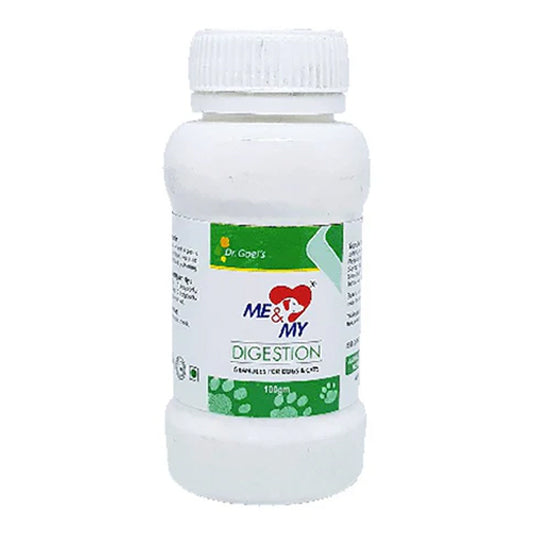
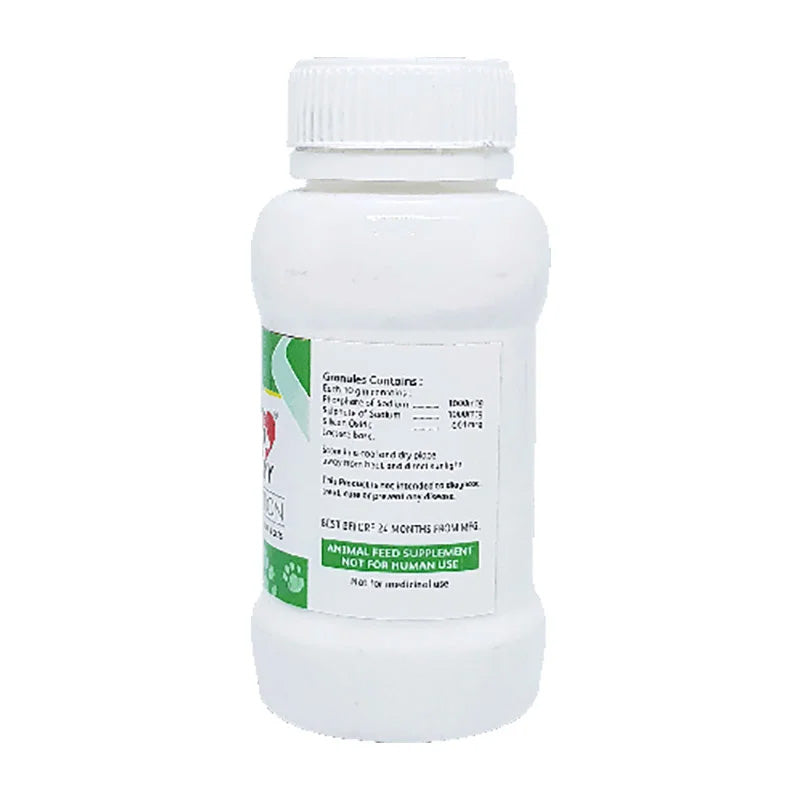
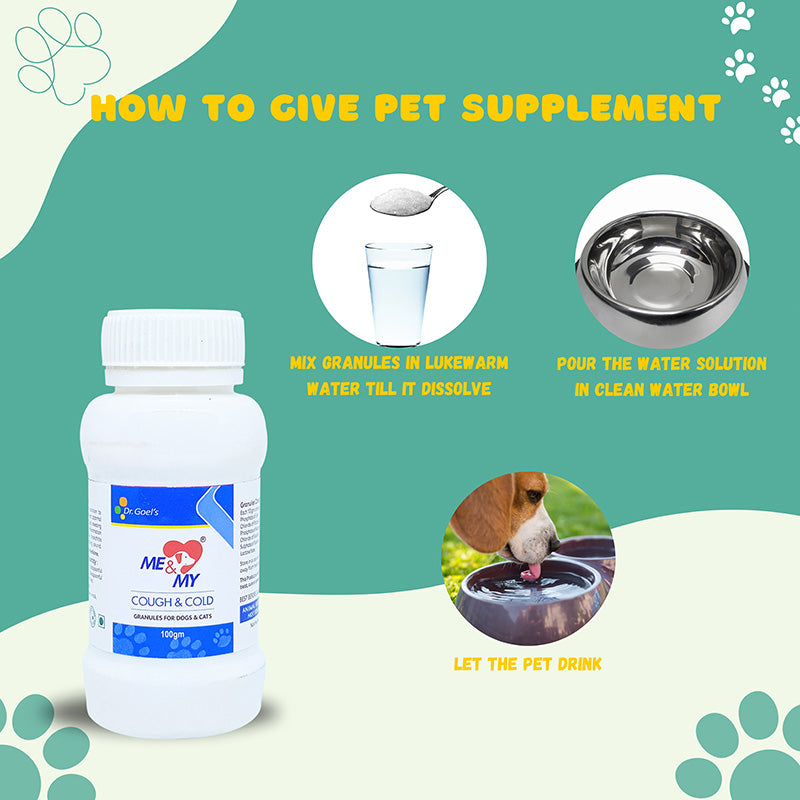
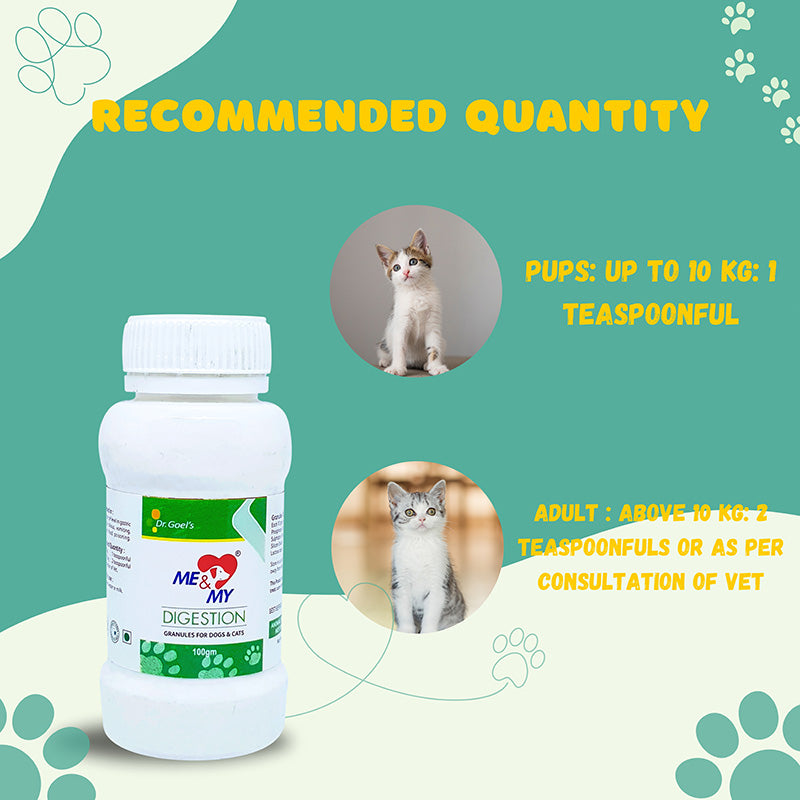
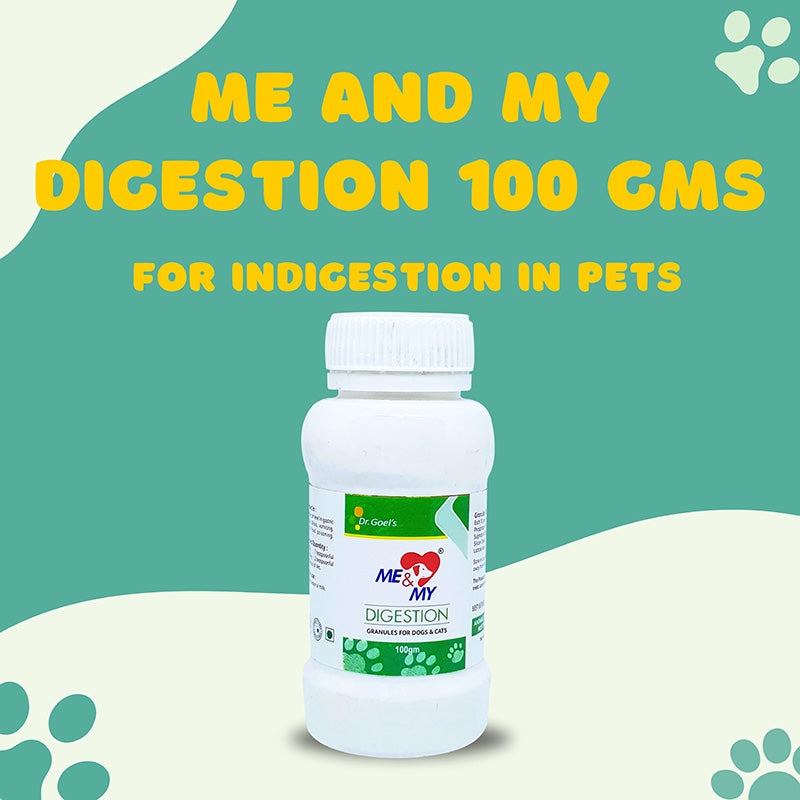
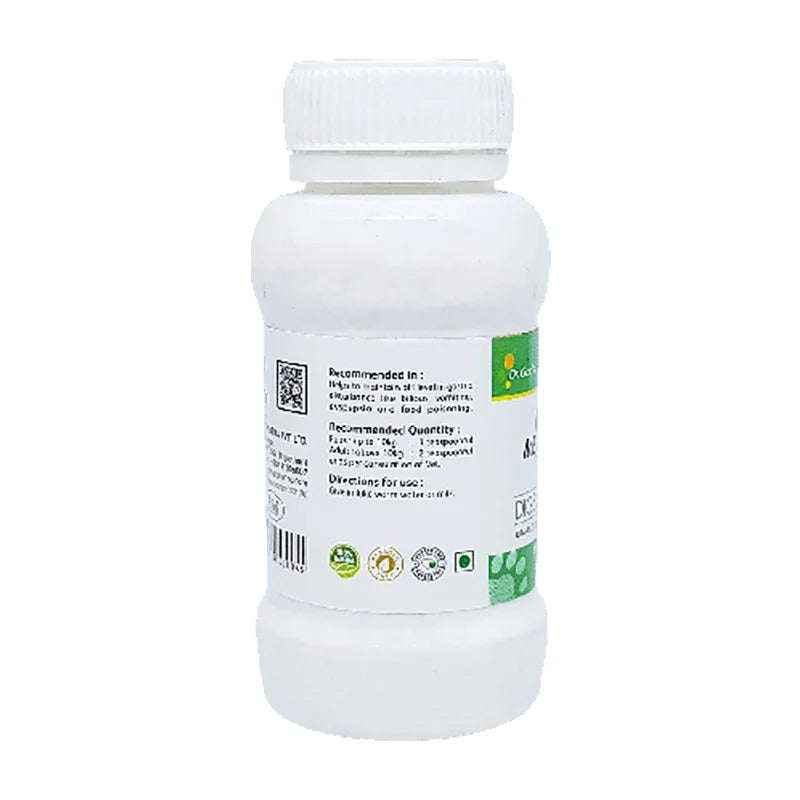
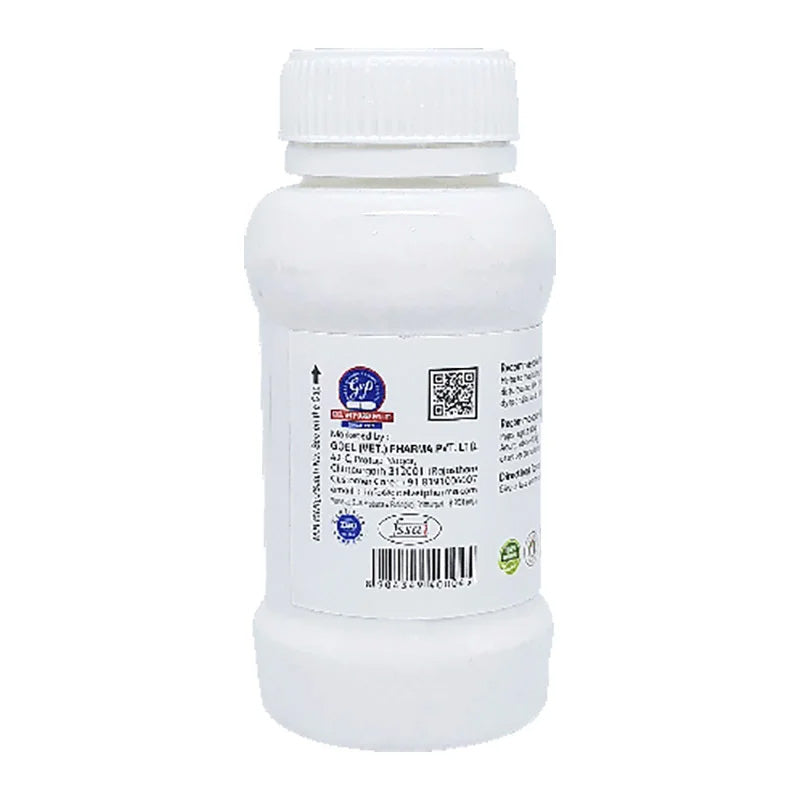
Blog posts
Frequently Asked Questions
Good Morning Dr. I really need your help and advise if you can. My 3 year old beagle was paralysed three months back..Though she has improved a lot ,but her right hind leg is still very weak.We are working very hard on her.
Kindly use traumate for your pet 15 drops x 3 times a day
My 2.5 years old lab has suffered a leg injury with severe ligament injury on right side hind leg. He is not able to put pressure on that leg. Please suggest a medicine. Xray has been done. No hip dyspepsia.
Use Traumate for your pet 15 drops x 3 times a day
Meri dog 2 .5 years ki hai vo sirf ek baat hear pr ayi hai pls help
Use trumate for your cat. Dose 15 drops x 2 times a day
Any medicine for spine also
Traumate





